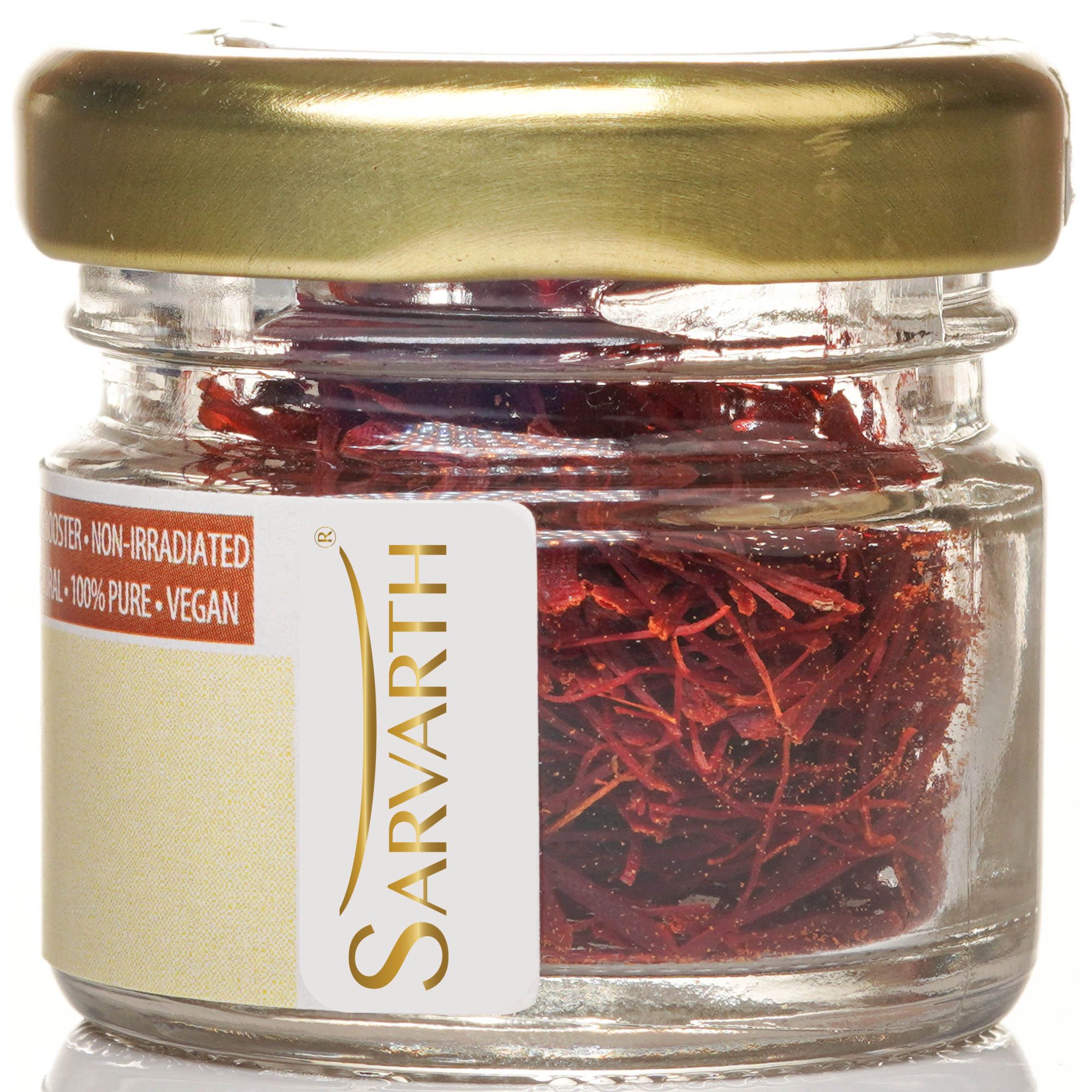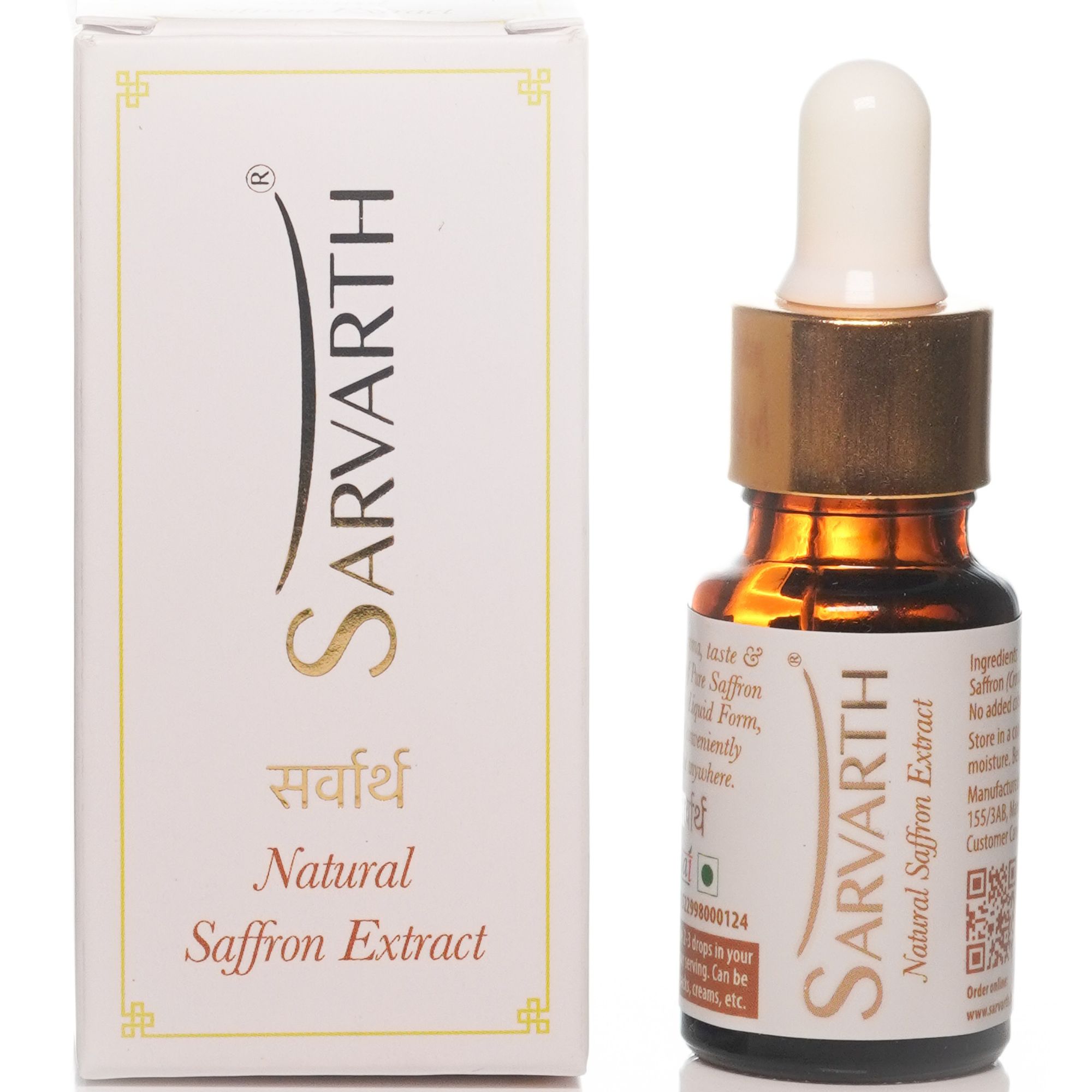12 Powerful Ayurvedic Herbs and Spices with Health Benefits
Ayurveda, the ancient Indian system of medicine, has been using herbs and spices for thousands of years to promote health and well-being. These natural ingredients are not only culinary delights but also potent remedies for various ailments. Here, we explore 12 powerful Ayurvedic herbs and spices, each with unique health benefits.
1. Turmeric (Curcuma longa)
Turmeric is perhaps the most well-known Ayurvedic herb, revered for its anti-inflammatory and antioxidant properties. The active compound, curcumin, helps in reducing inflammation, improving brain function, and lowering the risk of chronic diseases such as heart disease and cancer. Turmeric is also beneficial for skin health, digestion, and boosting immunity.
2. Ashwagandha (Withania somnifera)
Ashwagandha, often called “Indian ginseng,” is an adaptogen that helps the body manage stress. It enhances physical and mental stamina, supports immune function, and improves sleep quality. Ashwagandha is also known to balance hormones and boost fertility in both men and women.
3. Ginger (Zingiber officinale)
Ginger is a versatile spice with powerful anti-inflammatory and antioxidant effects. It aids digestion, reduces nausea, and combats the common cold. Additionally, ginger is beneficial for reducing muscle pain and soreness, improving heart health, and lowering blood sugar levels.
4. Tulsi (Ocimum sanctum)
Tulsi, also known as holy basil, is considered the “queen of herbs” in Ayurveda. It is renowned for its adaptogenic properties, helping the body cope with stress and anxiety. Tulsi also supports respiratory health, boosts immunity, and promotes heart health by lowering blood pressure and cholesterol levels.
5. Triphala
Triphala is a traditional Ayurvedic herbal formulation consisting of three fruits: Amalaki (Emblica officinalis), Bibhitaki (Terminalia bellirica), and Haritaki (Terminalia chebula). This powerful combination acts as a gentle detoxifier, aids digestion, and promotes healthy weight loss. Triphala is also known for its ability to balance all three doshas (Vata, Pitta, and Kapha) in the body.
6. Neem (Azadirachta indica)
Neem is a potent antibacterial, antiviral, and antifungal herb used in Ayurveda for its purifying properties. It is effective in treating skin disorders, promoting oral health, and boosting immunity. Neem also supports liver function and aids in the detoxification of the body.
7. Brahmi (Bacopa monnieri)
Brahmi is a brain-boosting herb known for enhancing cognitive function and memory. It reduces anxiety, improves concentration, and supports overall mental health. Brahmi is also used in Ayurveda to balance the nervous system and promote longevity.
8. Cardamom (Elettaria cardamomum)
Cardamom, often referred to as the “queen of spices,” has a sweet, aromatic flavor and is highly valued in Ayurveda for its digestive benefits. It helps in reducing bloating, heartburn, and indigestion. Cardamom is also known to detoxify the body, improve oral health, and enhance respiratory function.
9. Cumin (Cuminum cyminum)
Cumin is a common spice with numerous health benefits, including aiding digestion and reducing inflammation. It is rich in iron, supports weight loss, and helps control blood sugar levels. Cumin also boosts the immune system and promotes healthy skin.
10. Fenugreek (Trigonella foenum-graecum)
Fenugreek is an herb with powerful anti-inflammatory and antioxidant properties. It is commonly used to improve digestion, increase milk production in breastfeeding mothers, and regulate blood sugar levels. Fenugreek also helps in reducing cholesterol levels and promoting weight loss.
11. Licorice Root (Glycyrrhiza glabra)
Licorice root is known for its soothing properties, particularly in treating respiratory and digestive issues. It helps in relieving sore throats, coughs, and heartburn. Licorice root is also effective in balancing hormones, reducing stress, and promoting skin health.
12. Amla (Emblica officinalis)
Amla, or Indian gooseberry, is a potent source of vitamin C and powerful antioxidants. It boosts immunity, supports digestion, and enhances hair and skin health. Amla is also known for its anti-aging properties and its ability to balance all three doshas.
Conclusion
Incorporating these Ayurvedic herbs and spices into your daily routine can provide numerous health benefits. Whether you use them in cooking, as supplements, or in herbal teas, these natural remedies have the potential to improve your overall well-being. As always, it’s important to consult with a healthcare professional before starting any new health regimen, especially if you have pre-existing health conditions or are pregnant or breastfeeding.










